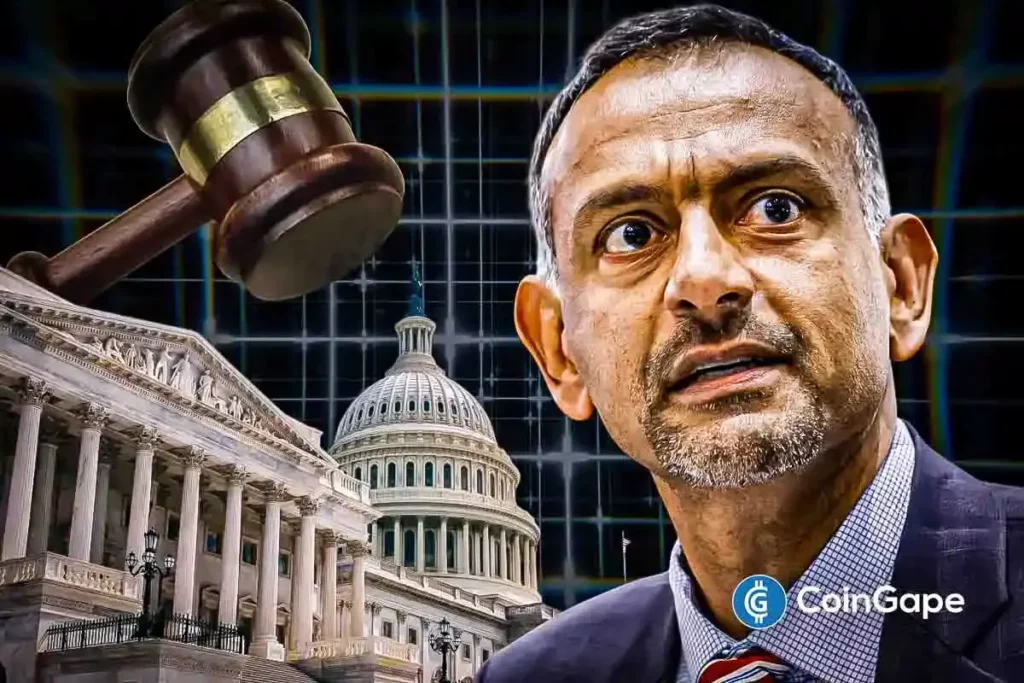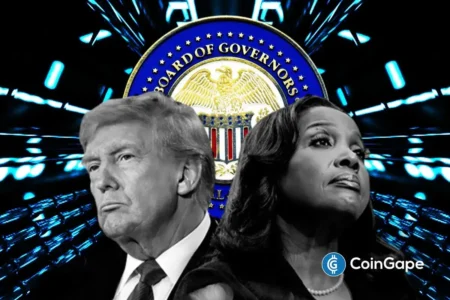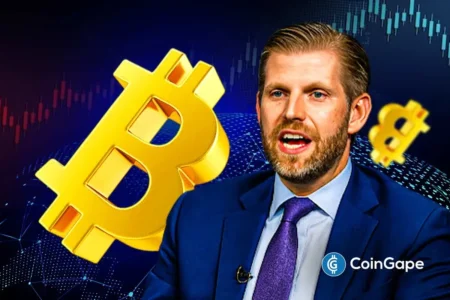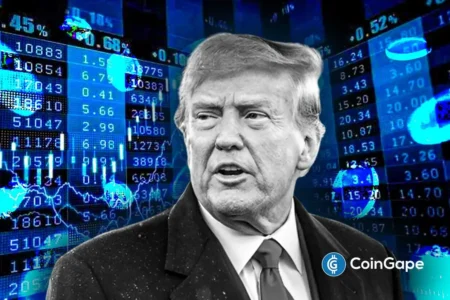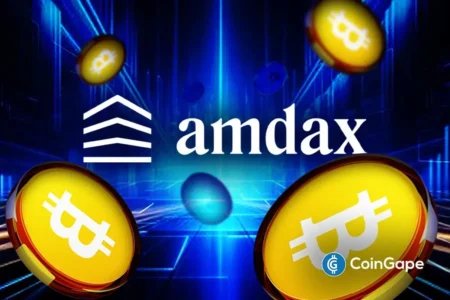Discrepancies in Crypto Regulation: The CLARITY Act and Its Impact on Staking
The recent passage of the GENIUS and CLARITY Acts marks a pivotal moment in the cryptocurrency landscape. However, Coinbase’s Chief Legal Officer, Paul Grewal, has raised serious concerns about the ongoing discrepancy between federal legislation and state-level enforcement actions regarding crypto staking. Despite the CLARITY Act’s clear classification of staking-as-a-service as a non-security, several state agencies continue to make claims against crypto companies, particularly Coinbase. This article delves into the implications of these legislative developments and the urgent need for unified regulatory standards.
Understanding the CLARITY Act’s Provisions
The CLARITY Act was designed to demystify the cryptocurrency regulatory environment, particularly concerning staking services. By explicitly classifying staking-as-a-service as a non-security, the act provides a framework for decentralized finance (DeFi) protocols to operate more confidently. This clarity is vital for both service providers and users, as it outlines a path toward regulatory compliance without the looming threat of securities regulations. Nevertheless, Grewal emphasizes that this essential provision has garnered insufficient attention, resulting in confusion among various state regulatory bodies.
State Resistance and Its Consequences
Grewal’s post highlights a crucial issue: five states—California, New Jersey, Washington, Maryland, and Wisconsin—continue to pursue actions against Coinbase, disregarding the clear guidance provided by the CLARITY Act. This confrontational stance is particularly puzzling given that 32 Congressional Democrats from these states supported the legislation. Such inconsistencies between state and federal regulations not only create uncertainty for crypto firms but also risk stifling innovation in the rapidly evolving crypto landscape.
The Call for Unified Regulatory Standards
In light of these contradictions, Grewal is advocating for a cohesive regulatory framework that aligns state enforcement with the CLARITY Act. He argues for an end to the "patchwork of state regulation" and urges Congress to implement clear, bipartisan crypto rules. The urgency for Senate action is paramount, as fragmented regulations can deter investment and complicate operations for legitimate crypto enterprises. By streamlining regulatory guidelines, the Senate would not only bolster the industry but also foster transparency and stability within the market.
The Importance of Regulatory Clarity
The significance of clarity in regulatory provisions cannot be overstated. With the CLARITY Act explicitly excluding staking from securities laws, it allows entities to offer services such as staking and lending in a regulated environment. This clarity can empower DeFi protocols to innovate without the looming threat of regulatory penalties. However, as Grewal points out, more rule-making is essential to fully harness the benefits of this provision. Greater regulatory clarity will not only protect consumer interests but also elevate the overall trustworthiness of the crypto industry.
Coinbase’s Evolving Strategy
In light of these developments, Coinbase is bolstering its advocacy efforts. Recently, the platform has brought in David Plouffe, a former advisor to high-profile political figures, to strengthen its lobbying initiatives. This strategic move aims to align Coinbase with influential Democratic lawmakers and enhance its influence as the crypto industry navigates the complexities of the new legislative landscape. With the GENIUS Act making strides and the future of the CLARITY Act uncertain, Coinbase’s proactive approach highlights the importance of strategic advocacy in shaping regulatory outcomes.
The Road Ahead for Crypto Regulation
As the industry rejoices over legislative advancements, the path forward for cryptocurrency regulation remains fraught with challenges. The divergence between federal legislation and state enforcement poses risks for innovation and compliance within the sector. Advocates like Paul Grewal are essential voices in the conversation, pushing for alignment and clarity in regulatory practices. The hope is that the Senate will take swift action to unify crypto regulations, ensuring that the industry can thrive within a fair and transparent regulatory environment. In doing so, the crypto sector can look toward a more promising future built on sound policy and strategic collaboration.





